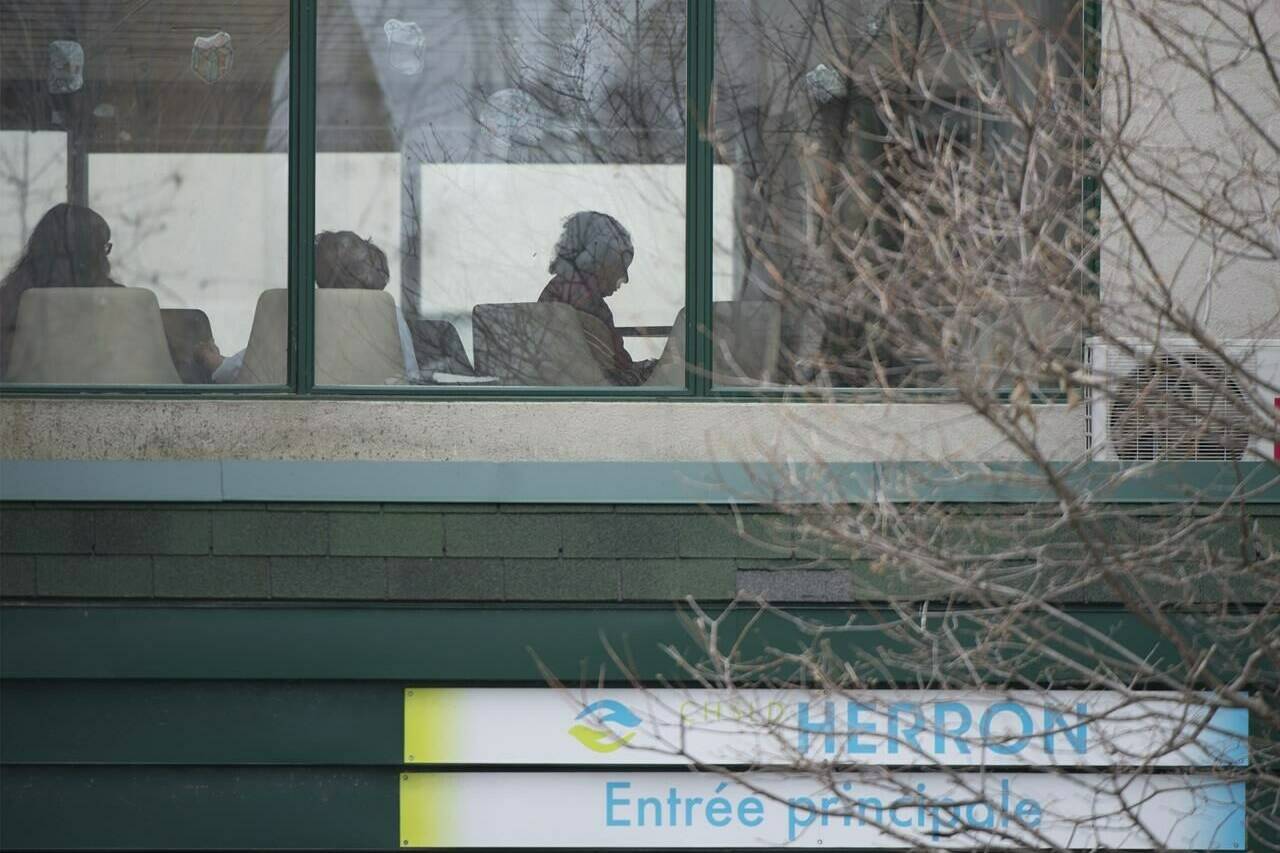The advocate for seniors in British Columbia says a rise in volunteer services supporting the elderly has been one of the “brightest lights” throughout the pandemic.
Isobel Mackenzie says nearly 26,000 seniors benefited from the generosity of over 13,000 volunteers as part of a provincially funded program that was expanded in March 2020 to boost services through community organizations.
Mackenzie says the number of seniors living independently and getting help with everything from the delivery of groceries to visits and snow shovelling doubled between April 2020 and March 2021 compared with the year before.
She says the groundswell of support for those who became isolated will be a lasting legacy of COVID-19, and she expects some of the connections they made with volunteers will continue.
A report released by the Office of the Seniors Advocate says nearly 94 per cent of people aged 65 and over live in private dwellings, nearly half of them in detached homes.
Mackenzie says the response to a call for help from volunteers was so strong that a help phone line crashed as people stepped up to help their neighbours, while seniors looking for support also overwhelmed call takers.
“Some of them (call takers) were a little upset because they had no idea how some seniors are living in very impoverished conditions,” she said on Wednesday.
Mackenzie said that while the overall program has been a success, more support is needed for seniors in smaller communities.
“The reality is, in remote areas it’s tricky,” she added.
The annual report also says about a quarter of the population in the Interior and Vancouver Island health regions is over 65, compared with about 16 per cent in the Fraser and Northern Health regions.
“That has a real impact on service delivery because not only do you have more seniors who need services, you have a smaller pool of the population in the labour force to provide those services,” Mackenzie said.
The report says 42 per cent of seniors are either healthy or have a low-complexity condition like asthma or high blood pressure. Six per cent have been diagnosed with dementia.
It says 11 per cent more seniors over 80 have maintained a driver’s licence, although part of that increase may be because all older motorists are no longer required to take an exam to determine if they are healthy enough to operate a vehicle. Mackenzie said up to 96 per cent of seniors had passed the exam anyway and the change may be more in keeping with a healthier population that is living longer.
Inspections of long-term care homes by health authorities were down by 11 per cent over the period covered by the report, but Mackenzie said that was expected during the pandemic.
“Normally, B.C. has very high rates of inspection, well over 80 per cent, and we are seeing that is returning.”
—The Canadian Press
RELATED: Home care for B.C.’s elderly is too expensive and falls short: watchdog

